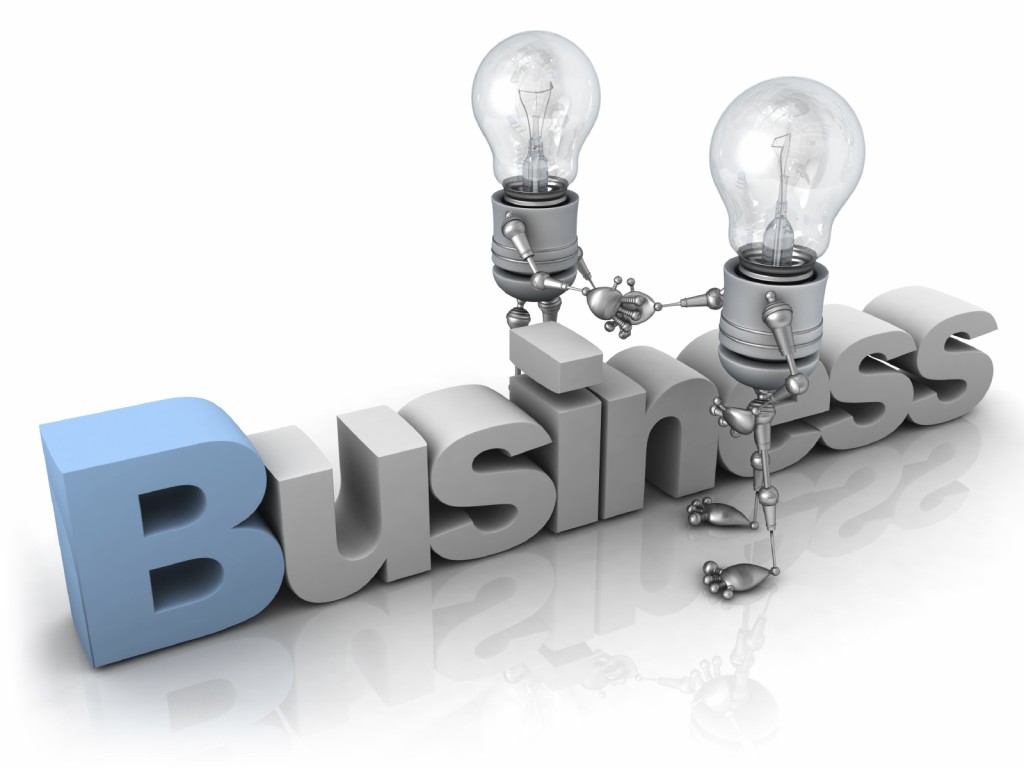“Business” is a broad term. Involvement of elements of all shapes and sizes constitute one fine business. Some businesses can be easily judged through a single glimpse and some need an elaborate analysis. For example, you can know how a shopkeeper earns when you incidentally glance his customer handing over an amount for the novelty he just bought. But, when it comes to knowing the working of a Multinational Corporation, a quick look even in the company’s balance sheet is not enough.
Comparison is just a way to understand the gap in both the sorts of businesses. But apart from this huge gap, the most interesting aspect is that both the shop and the MNC work on the same basic commonalities of business. Let’s see what are those!
1. Product/Service: A product or service is nothing but the customer’s need, for which he pays to the provider. Product or a service is the starting point of any business. Technically it can be also called as a Unique Selling Preposition (USP). A MNC brand may have various kinds of products like Hindustan Unilever Limited (HUL) offers beverages as well as personal care products as it’s USP while a local grocer offers his USP as varieties of branded products.
2. Resources: Resources to business is what fuel is to the car. Misuse or overuse of resources in a business can prove to be fatal. The resources add up to the cost from creating a product (production) to finally delivering it to the customer. So it is a must to remember that costs, if incurred as minimum as possible will definitely result in greater profits. Hence, lesser the wastage of resources lesser will be the costs. Resources are basic requirements in the following forms:
i) People: People are the most important resources to a business. It is the people who can move the business up or just upside down. They include employees, customers and other persons associated to the business directly or indirectly. Employees are the face as well as the muscle of an organisation. Customers are kings. Other persons include suppliers and dealers in case of big businesses. ‘People’ in business jargon can also be called as stakeholders. Henry Ford who established Ford Motor Company in 1903, claimed that knowledge to make cars didn’t make him successful but what actually did was the manner in which he dealt with people.
ii) Money: Money, the resource that encompasses the purpose of a business. It simply means that money is spend in almost all the operations viz. production, creating awareness, delivery, etc. but for what end-product? Money itself! Money is the primary resource in a business that has the capability to buy any other resource, may it be labour or material. Money to a business is what blood to the body.
From the above explanation, Business= (Money+People) x Product = Profits
3. Time: Businesses tend to change along with times. For instance, five years down the line, the shopkeeper would have expanded to a multi-storey mall whereas, the company could be on the verge of shutting down. Running a business has much to do with having the control of time because it plays a dual role. It can act as a remedial resource to an injured business for recovery or it can turn into a devil for the one that is not disciplined enough. Innovative businesses tend to change the times of certain industries. Samsung for example, it has brought innovation in televisions right from typical black and white box-type televisions in 60s to smart internet TVs today.
https://www.youtube.com/watch?v=MsMeo_7wBSs
Thanks for reading






a very useful article